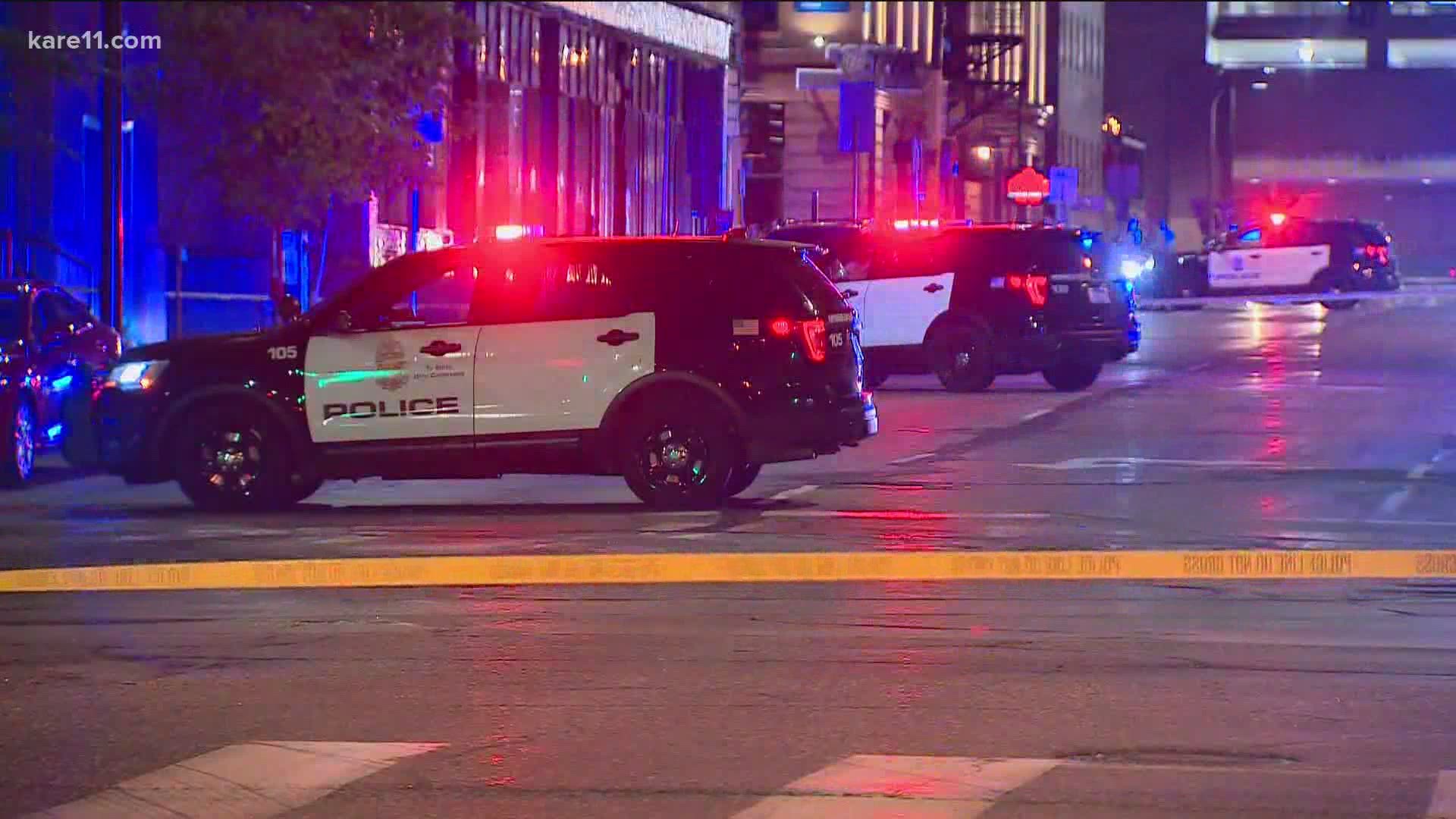MINNEAPOLIS — Within a matter of days, the Minneapolis City Council will vote on a final 2021 budget plan – perhaps the most debated in recent memory.
Council members will continue their discussions Monday, with a number of disagreements to sort out on police funding ahead of Wednesday’s final vote. Last week, the council listened to more than seven hours of public testimony during a fiery virtual hearing on Dec. 2, and then reviewed various public safety proposals for more than two hours the next day.
Council President Lisa Bender and two of her colleagues, Phillipe Cunningham and Steve Fletcher, have taken the lead on a “Safety for All” budget proposal that would cut an additional $8 million in Minneapolis Police funding from the mayor’s proposed document. Bender on Thursday called their plan a “very beginning, of a start to transform our system of public safety.”
“Safety for All” would shift funding from police toward items like mental health crisis response and violence prevention, which are under the jurisdiction of other city departments. Although the plan does not adjust the mayor’s expected total of officers on the streets in 2021, it does aim to reduce the authorized sworn force of MPD by 15 percent (888 to 750 officers) in “future years.”
It would also cut police overtime by $5 million in 2021, which Mayor Frey is counting on to fill gaps left by leaves of absence and retirements.
“What we’re proposing, instead, is to provide alternative responses that can take, conservatively, 10 to 15 percent of staff time put into 911 calls, out of MPD’s queue,” Fletcher said. “We think with that five million dollars, we are producing a significantly stronger result.”
While sharing common goals to implement changes, other council members disagreed with that approach, saying that it’s not realistic to expect call volumes to drop so quickly. Andrea Jenkins, who is among those floating an idea to draw from different funding sources to pay for initiatives like mental health response, said “it is a false expectation to think we’re going to see these kinds of reductions immediately overnight.”
Jamal Osman, a newly-elected council member in Ward 6, called on his fellow council members to find different ways to fund these ideas.
“Taking money from MPD, or taking money here and there,” Osman said, “is not going to solve the problem of mental health.”
With the final days of budget discussions looming this week, community members on all sides of the issue are closely analyzing the proposed amendments.
More than 400 people signed up to speak at last week’s public hearing, which lasted well past midnight. Some argued vehemently against some of the council members’ proposed cuts to police, testifying to their experience with rising violent crime rates across the city. Others said the council members should stand by their previous commitment to dismantle Minneapolis Police, saying they favored a “people’s budget” that would drastically reduce investments in law enforcement. Others support a “both/and” approach that would bolster police presence, in combination with long-term community outreach and reforms.
Sondra and Don Samuels, longtime North Minneapolis residents, say they agree with the “both/and” concept. Describing an unprecedented level of violence in their neighborhood this year, they said that cuts to police would only be more harmful to their community. Both support the alternate proposal from Jenkins and others, which they said would find more middle ground.
“Of course, we are demanding transformation – and there will never be a universe where we will not need peace officers,” said Sondra, the CEO of the Northside Achievement Zone. “Never, ever, ever, ever. And that’s the kind of illusion that it seems like some council people are under.”
Don, the CEO of MicroGrants, said council leaders need more community engagement to better understand their constituents: “There’s no process here. This is a totally top-down, power move, on the part of the council, no conversation.”

